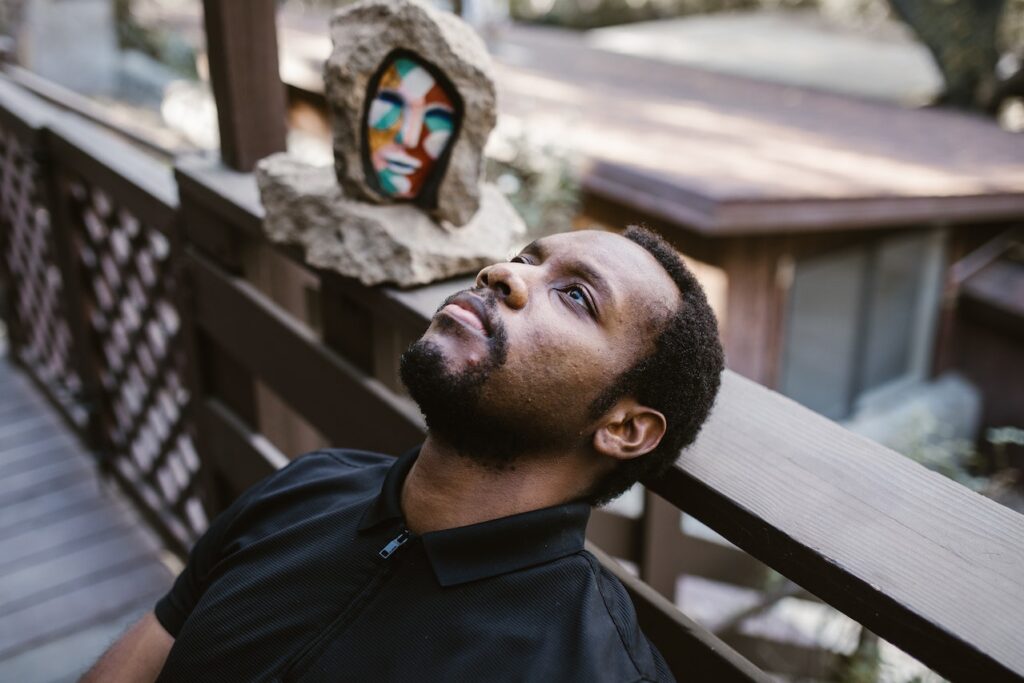Post-traumatic stress disorder (PTSD) is a complex mental health condition that affects millions of individuals worldwide. Despite the growing awareness of this disorder, many myths and misconceptions surrounding this disorder persist. These myths can add to the stigma surrounding the condition and prevent individuals from seeking the help and support they need.
In this blog, we will explore some common myths about PTSD, providing clarity on the facts and the realities of this disorder.

Myth #1: Only Veterans and Soldiers Experience PTSD
It can affect anyone who has experienced a traumatic event, such as sexual assault, domestic violence, natural disasters, accidents, and terrorism. It is not just a condition exclusively found in veterans or military personnel; it can impact anyone. While veterans and soldiers may be more at risk of developing PTSD due to their exposure to traumatic events, they do not represent the only group affected.
Myth #2: It is a Sign of Weakness
PTSD is not a sign of weakness, nor is it a choice. It is a medical condition that results from the exposure to traumatic events. It is a natural brain response to a traumatic event and is not a reflection of an individual’s personal strength or character. Individuals who develop this condition are not weak; they are struggling with a condition that requires professional support and treatment.
Myth #3: It is a Rare Condition
PTSD is not a rare condition; in fact, about 6% of the US population will experience this at some point in their life. It is more prevalent than many realize, and it can have a profound impact on individuals’ lives. Seeking help and support for PTSD is essential since this disorder can lead to significant impairment in daily functioning and quality of life.
Debunking Myths about PTSD with Empathy, Precision, and Clarity
PTSD is a complex condition that requires a nuanced understanding to help individuals navigate its challenges. By debunking the common myths surrounding this condition, we hope to increase awareness, reduce stigma, and promote empathy towards those struggling with this condition.
Veterans and soldiers are not the only ones affected by PTSD. It can impact anyone who experiences a traumatic event. It is not a sign of weakness or a choice; it is a medical condition that warrants professional treatment. Finally, it is not a rare condition; instead, it affects millions of individuals worldwide.
Conclusion
Debunking the myths surrounding PTSD is essential for promoting understanding, reducing stigma, and enabling individuals to seek the help they need. PTSD is not limited to veterans, it is not a sign of weakness or a rare condition. Instead, it is a complex and chronic mental health condition that requires compassion, understanding, and appropriate care.
Through empathy, precision, and clarity, we can reframe the conversation around trauma. It will enable us to create a society that supports and cares for those struggling with this disorder.
Discover a community that understands. At Roots Through Recovery, we offer specialized services to combat PTSD. Reach out today and find the support you or a loved one deserves.



